Filter by
The language used throughout the course, in both instruction and assessments.
Choose the NLP Course That Aligns Best With Your Educational Goals
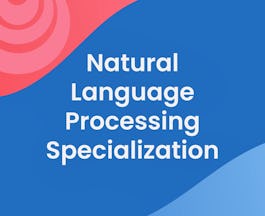
DeepLearning.AI
Skills you'll gain: Machine Learning, Natural Language Processing, Python Programming, Statistical Programming, Artificial Neural Networks, Probability & Statistics, Statistical Machine Learning, Deep Learning, Machine Learning Algorithms, Applied Machine Learning, Computer Programming, General Statistics, Linear Algebra, Mathematics
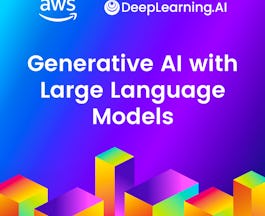
DeepLearning.AI
Skills you'll gain: Machine Learning, Natural Language Processing, Python Programming
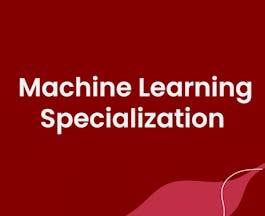
Multiple educators
Skills you'll gain: Machine Learning, Machine Learning Algorithms, Applied Machine Learning, Algorithms, Deep Learning, Machine Learning Software, Artificial Neural Networks, Human Learning, Statistical Machine Learning, Python Programming, Regression, Tensorflow, Mathematics, Critical Thinking, Network Model, Training, Reinforcement Learning
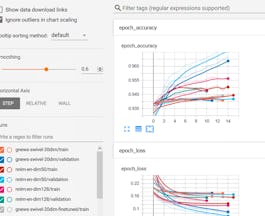
Coursera Project Network
Skills you'll gain: Deep Learning, Machine Learning, Natural Language Processing, Tensorflow
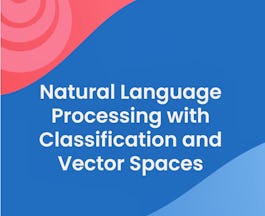
Skills you'll gain: Machine Learning, Natural Language Processing, Probability & Statistics, Python Programming, Machine Learning Algorithms, Applied Machine Learning, Computer Programming, General Statistics, Linear Algebra, Mathematics

University of Michigan
Skills you'll gain: Computer Programming, Python Programming, Computer Programming Tools, Programming Principles, Data Structures, Computational Thinking, Computational Logic, Data Analysis, Software Engineering, Algorithms, Critical Thinking, Problem Solving, Data Architecture, Data Management, Database Application, Databases, Theoretical Computer Science, Database Administration, Data Model, Data Visualization, Database Design, Database Theory, Web Development, Web Development Tools, Computer Networking, SQL, HTML and CSS

DeepLearning.AI
Skills you'll gain: Machine Learning, Deep Learning, Artificial Neural Networks, Machine Learning Algorithms, Applied Machine Learning, Python Programming, Machine Learning Software, Network Model, Algorithms, Computer Programming, Computer Vision, Natural Language Processing, Tensorflow, Human Learning, Data Analysis, Data Model, Exploratory Data Analysis, Organizational Development, Process Analysis, Strategy, Computational Logic, Mathematics, Mathematical Theory & Analysis, Linear Algebra, Regression, Calculus
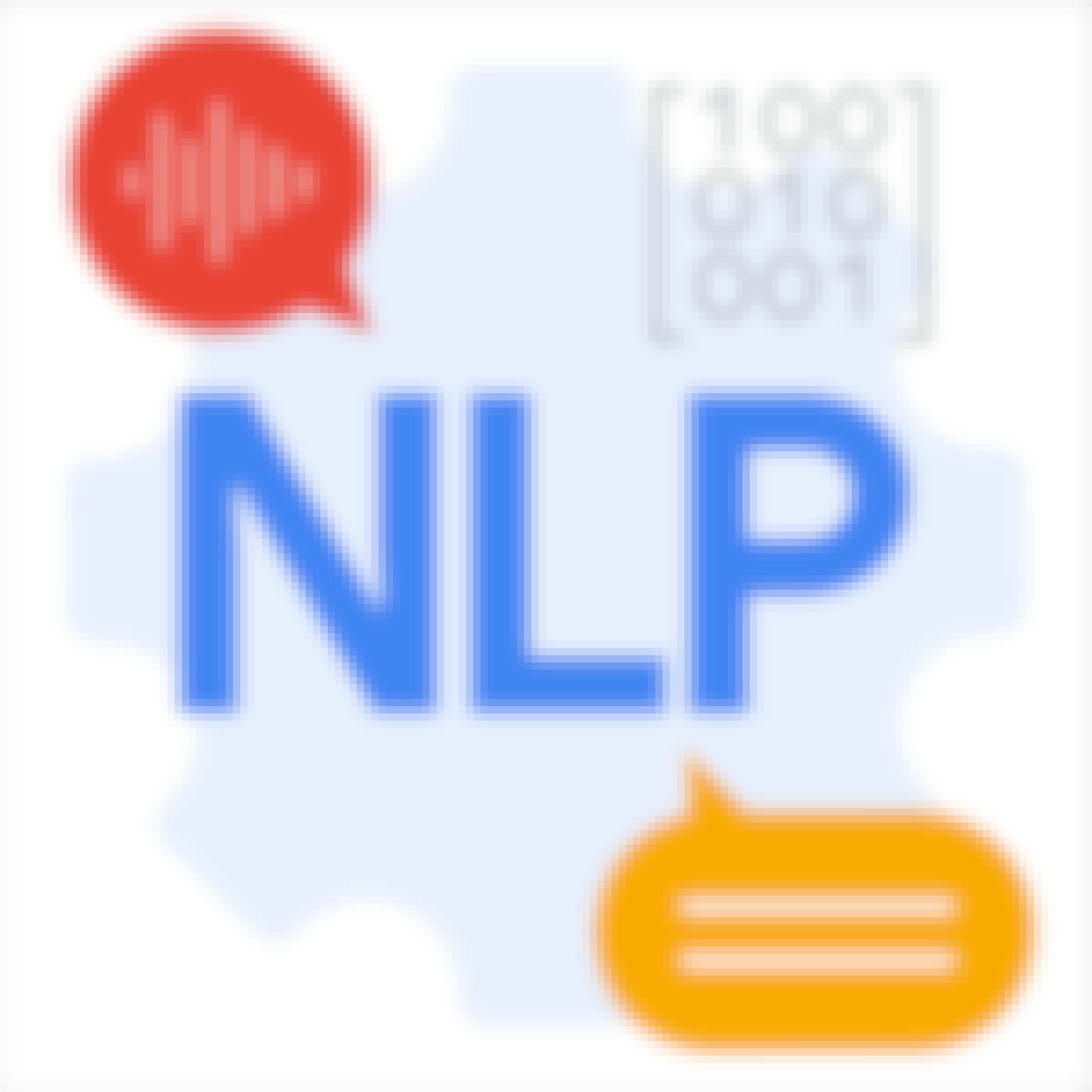
Google Cloud
Skills you'll gain: Machine Learning, Natural Language Processing, Tensorflow
 Status: Free
Status: FreeGoogle Cloud
Skills you'll gain: Artificial Neural Networks, Deep Learning, Machine Learning

DeepLearning.AI
Skills you'll gain: Machine Learning, Tensorflow, Deep Learning, Machine Learning Algorithms, Artificial Neural Networks, Applied Machine Learning, Human Learning, Computer Programming, Python Programming, Machine Learning Software, Natural Language Processing, Computer Vision, Forecasting, Algorithms, Statistical Machine Learning, Statistical Analysis

Coursera Project Network
Skills you'll gain: Machine Learning, Natural Language Processing, Python Programming
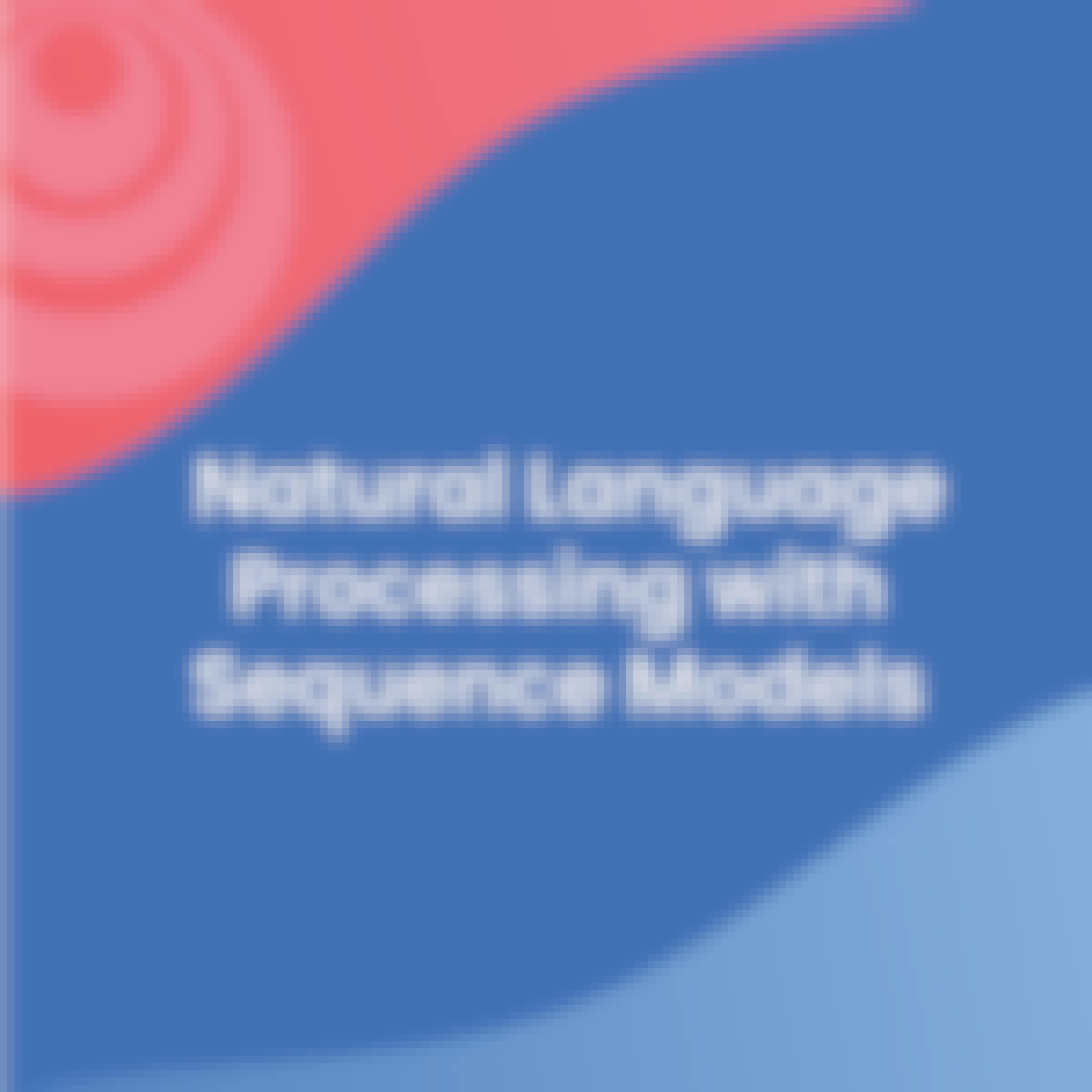
DeepLearning.AI
Skills you'll gain: Artificial Neural Networks, Deep Learning, Machine Learning, Natural Language Processing, Statistical Programming, Python Programming
Searches related to nlp
In summary, here are 10 of our most popular nlp courses
- Natural Language Processing: DeepLearning.AI
- Generative AI with Large Language Models: DeepLearning.AI
- Machine Learning: DeepLearning.AI
- Transfer Learning for NLP with TensorFlow Hub: Coursera Project Network
- Natural Language Processing with Classification and Vector Spaces: DeepLearning.AI
- Python for Everybody: University of Michigan
- Deep Learning: DeepLearning.AI
- Natural Language Processing on Google Cloud: Google Cloud
- Introduction to Generative AI: Google Cloud
- DeepLearning.AI TensorFlow Developer: DeepLearning.AI










